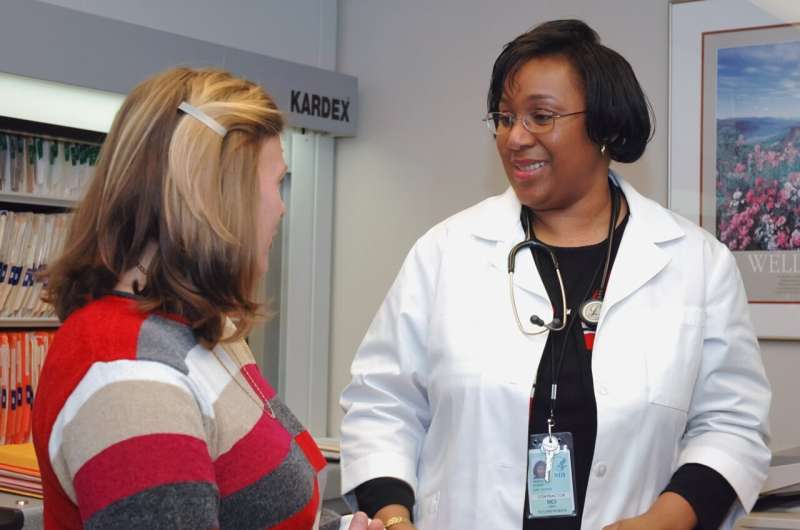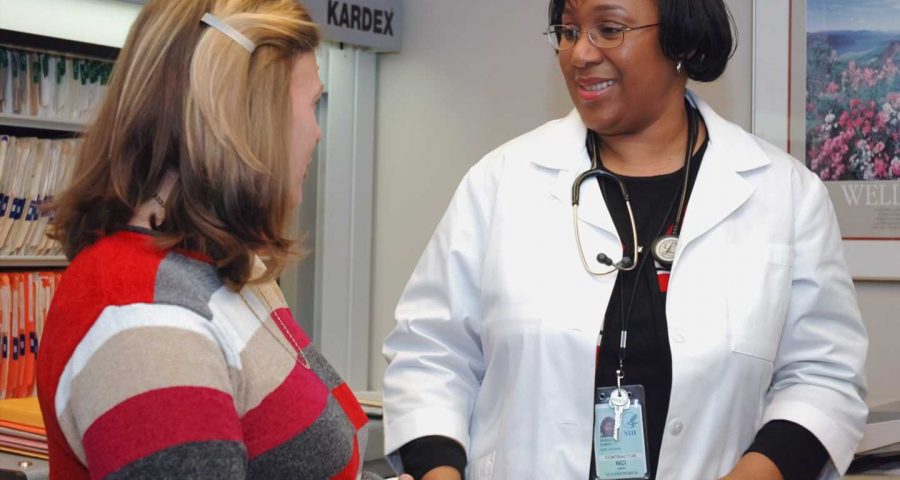
Physician advocates in all areas of health are important but are particularly critical of sexual and reproductive health-related legislative decisions that affect their ability to provide essential care, including abortion.
In a study published recently in BMJ Sexual & Reproductive Health, Assistant Professor Meredith Manze and colleagues sought to investigate the skills physicians felt were needed to conduct such advocacy effectively.
The study was conducted as part of a mixed-methods evaluation of a sexual and reproductive health physician advocacy training program, under the leadership of Associate Professors Heidi Jones and Diana Romero. As part of the evaluation, physician alumni of the program were asked their perspectives on what it means, and skills needed, to be an effective abortion advocate.
Using data from surveys and in-depth interviews, Dr. Manze and team found that strategic communication and relationship-building skills were considered essential for effective advocacy. In addition to “out loud” advocacy such as conducting media interviews, “quiet” advocacy, such as implementing institutional policies and abortion provision itself, were considered to be forms of advocacy.
The researchers discussed how individual comfort and capacity for advocacy activities may change over time, given personal and professional considerations.
Source: Read Full Article
